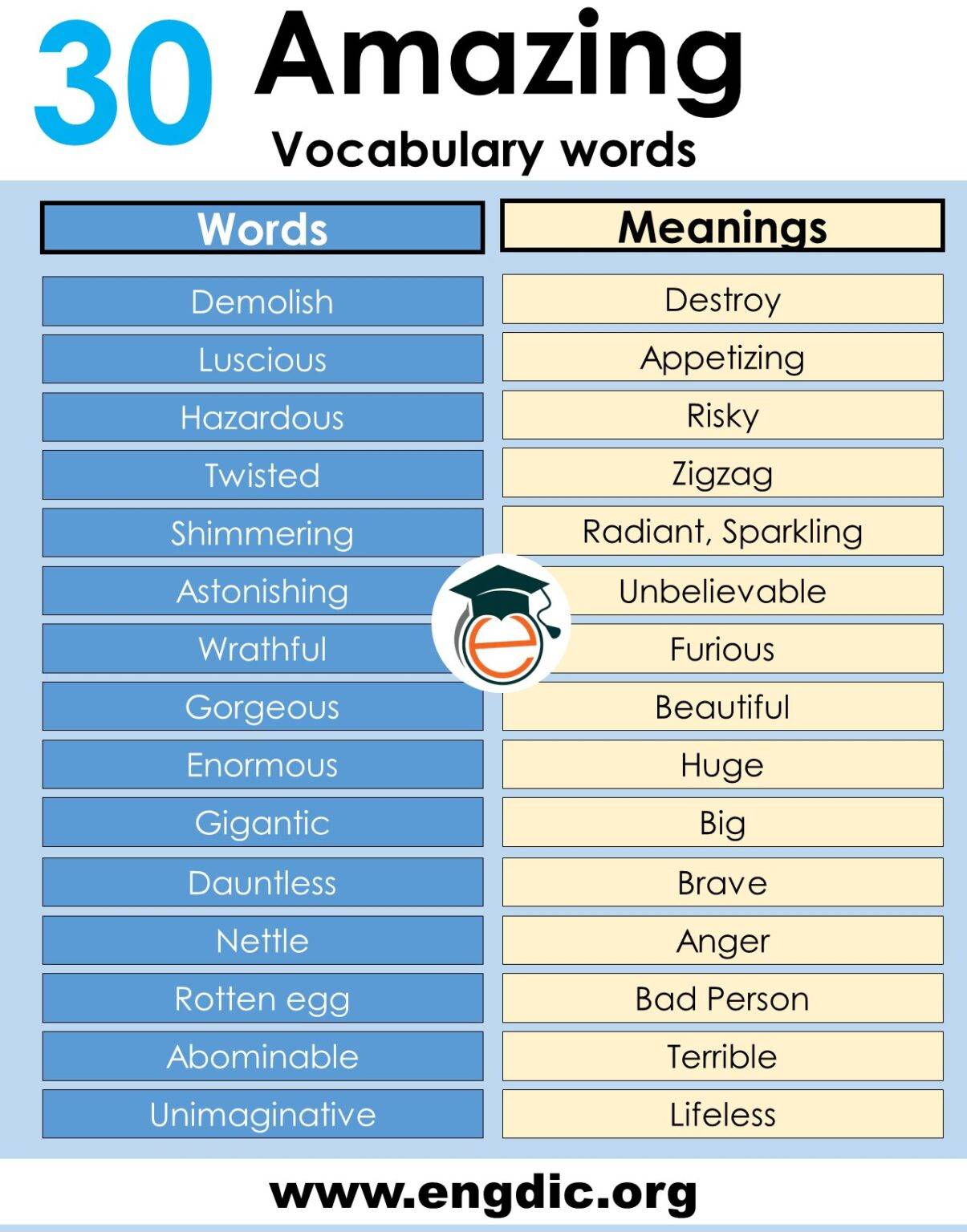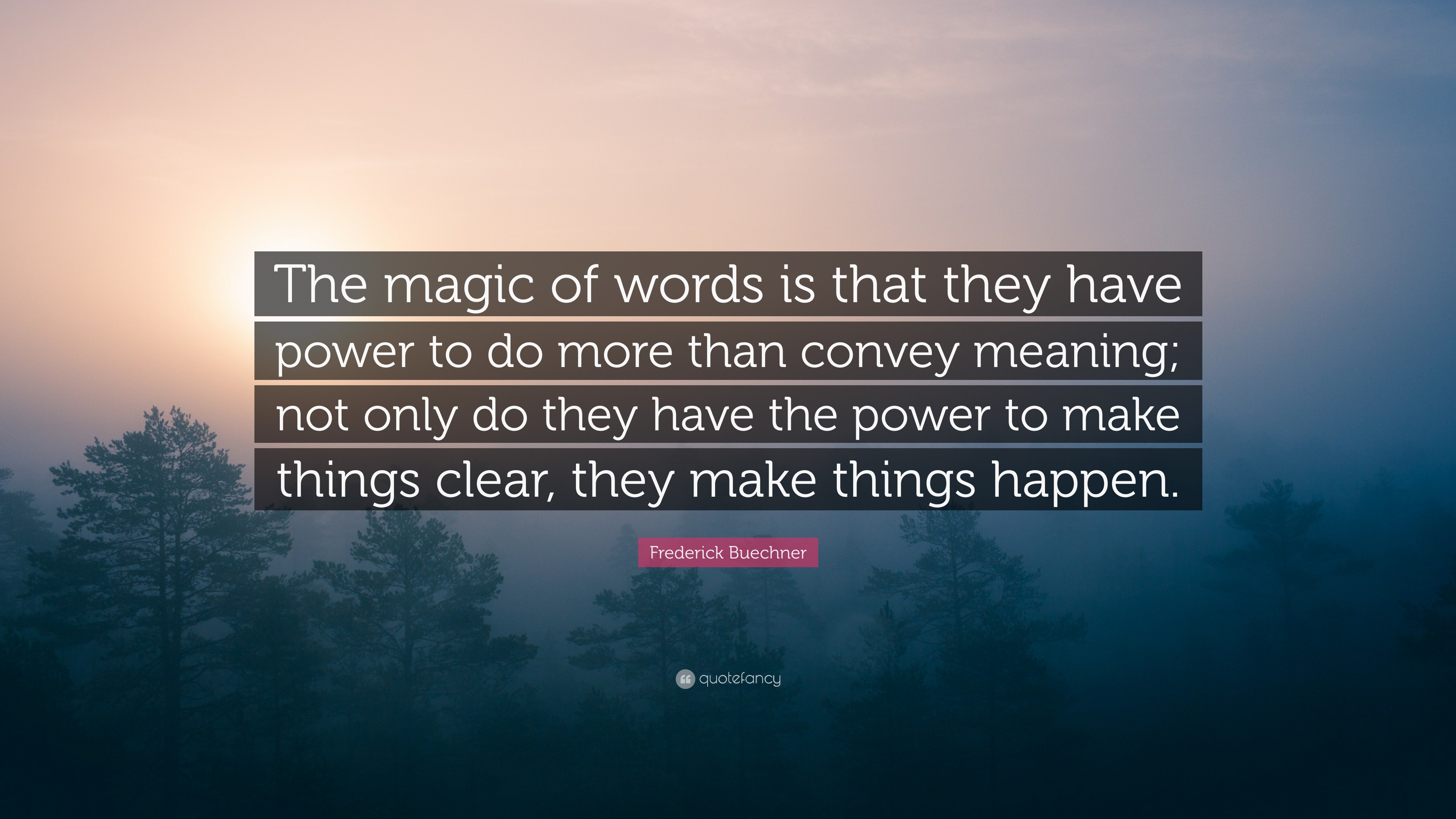
Words are the building blocks of language. They are used to communicate ideas, thoughts, and feelings. But do words really have meaning? This is a question that has puzzled linguists, philosophers, and scientists for centuries.
The Meaning of Words

When we use words, we assume that they have meaning. We use words to describe things, to express our thoughts and feelings, and to communicate with others. But what exactly is meaning?
Meaning can be defined as the idea or concept that a word represents. It is the mental image that is evoked when we hear or see a particular word. For example, when we hear the word “dog,” most of us will think of a furry, four-legged animal that barks and wags its tail.
However, meaning is not always clear-cut. Words can have multiple meanings, depending on the context in which they are used. For example, the word “bank” can refer to a financial institution, the side of a river, or a place where snow is piled up for skiing.
Words and Reality

Some philosophers argue that words do not have inherent meaning. Instead, they claim that meaning is created by the relationship between words and reality. In other words, words are simply symbols that we use to represent the world around us.
For example, the word “tree” does not have any inherent meaning. Rather, we use the word “tree” to represent the physical object that we see in the world. The meaning of the word is created by the relationship between the word and the object.
Words and Culture
Another important aspect of meaning is culture. Words can have different meanings in different cultures. For example, the word “family” may have a different meaning in a collectivist culture where extended family members are considered part of the family unit, compared to an individualist culture where only immediate family members are considered part of the family unit.
Cultural differences can also affect the meaning of non-verbal communication, such as gestures and facial expressions. For example, the “thumbs up” gesture may be considered a positive sign of approval in Western cultures, but it may be considered offensive in some Middle Eastern cultures.
Words and Perception

Our perception of words can also affect their meaning. For example, we may interpret the same word differently depending on our personal experiences or beliefs. The word “freedom” may have different meanings for someone who has experienced political oppression compared to someone who has not.
Perception can also be influenced by language itself. Some languages have more words to describe certain concepts than others. For example, the Inuit language has many words to describe snow, which reflects the importance of snow in their culture.
Conclusion
So, do words have meaning? The answer is yes, but the meaning of words is complex and multifaceted. It is influenced by factors such as culture, perception, and context. When we use words, we are not only communicating ideas and concepts, but we are also reflecting our own experiences and beliefs.